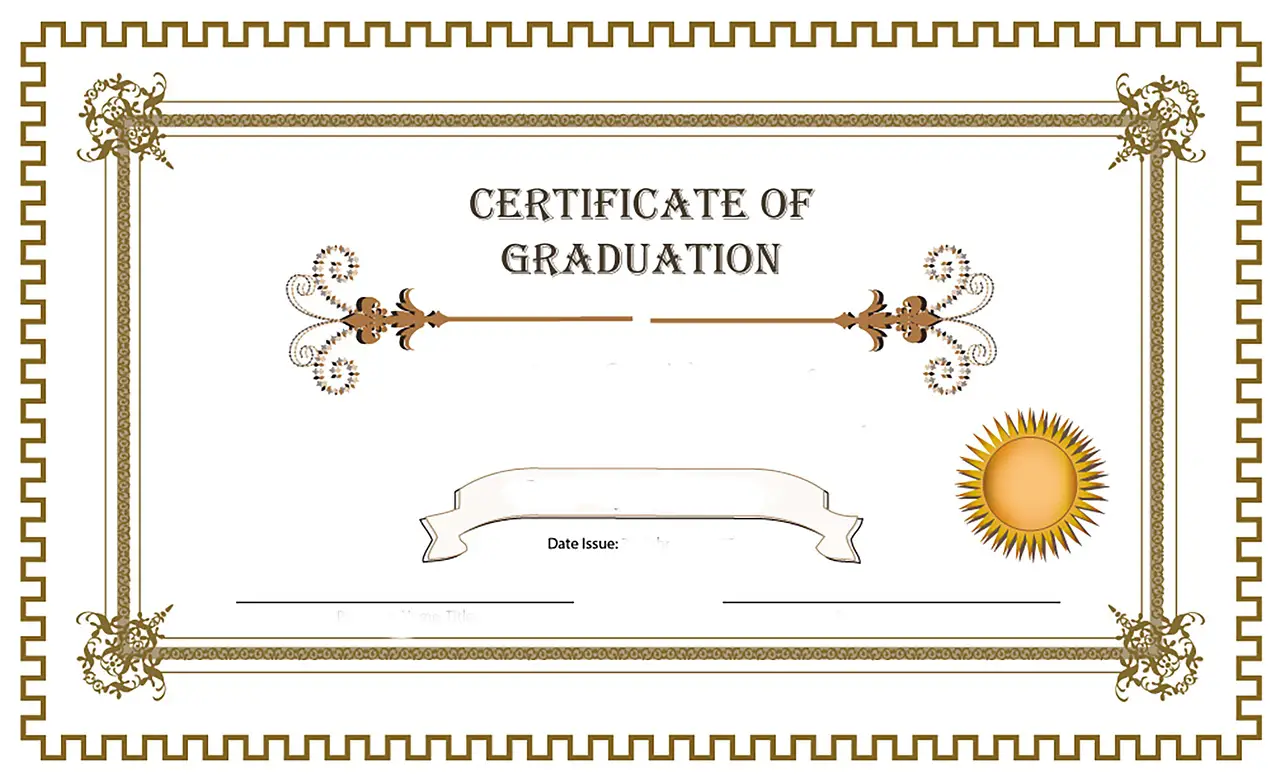
Have you ever wondered why some subspecialties have a separate certificate of added qualification (CAQ) while others don’t? Are there any advantages to getting these added certificates? Or is it just another degree? If you hate taking additional tests, why would you even bother with another examination to get one? I know that these are some of the questions that I have thought about a bit. And this is a great forum to answer them!
The Main Subspecialty Certificates Of Added Qualification
What are the officially recognized CAQ specialties by the American Board of Radiology (ABR) certificate of added qualification? As listed in the link above, the three most common that radiologists typically complete (from most popular to least popular) are neuroradiology, pediatric radiology, and nuclear medicine. The ABR also lists Vascular and Interventional radiology as a CAQ specialty. But, in reality, it is now a distinct full-blown specialty with a separate board and residency program. And then finally, it also lists hospice and palliative medicine as well as pain medicine as two more options. I don’t know of any radiology residents who have completed these subspecialties CAQ after a radiology residency. But, I am sure there are a few out there somewhere.
How Did Some Subspecialties Become CAQ Subspecialties And Others Did Not?
For the CAQ subspecialties, an academic cohort of individuals decided to make specific qualifications for their subspecialties. Sometimes, it was to limit encroachment from other specialties upon their turf. Or, it was to protect the subspecialty’s interest and maintain minimum standards.
Other subspecialties that do not have a CAQ, never had enough members to put in the effort to create a CAQ. It takes a bit of work and money to create an entirely new CAQ exam and all the bureaucracy that accompanies it!
What Are The Privileges/Disadvantages That CAQs Provide?
Financial/Job Advantages?
Sometimes, practices and hospitals ask to have certain subspecialists on their staff. And, in particular, they often want CAQ subspecialists. Why? Well, because frequently, other physicians or hospital administrators demand them. This demand may give you a slight advantage when you eventually go out into the job market. You may find that these subspecialties can add a few dollars to your starting salary when you begin to look. For instance, interventional radiologists and mammographers have commanded a higher salary in the recent past out of the starting gate.
Moreover, some hospitals require credentialing in specific subspecialties for their staff members. You can often see these in job board descriptions if you look at any online radiology job site. If you don’t have these credentials, you will be unlikely to get that job!
Legal Advantages (Or Disadvantage)
As a CAQ holder, you have the privilege (or disadvantage!) of the legal world considering you an expert in these fields. What does that mean? First of all, the courts hold your reads to a higher standard than other Joe Shmo general radiologists out there. In a positive sense, your subspecialty read will carry more weight in the court of law. On the downside, it also means that there will be a lower threshold for misdiagnosis than a typical diagnostician.
Additionally, the CAQ will allow you to have some “street cred” if you decide at some point to go ahead and perform expert legal work. Lawyers love having subspecialists on their payroll to convince jurors one way or another in malpractice lawsuits.
Pigeon Holing
If you are neuroradiologist and hold a CAQ, you are more likely to work at the facility, and complete neuro reads. Of course, this work can be great if it is the lot that you have chosen in life and you are happy doing it. However, it may pigeon hole you into becoming a neuroradiologist even if you are not so fond of the subspecialty work. So, beware of the subspecialties that you choose!
Surveys
If you like making some extra dough on the side, becoming a CAQ subspecialist opens up a few doors to get these subspecialty surveys. Typically, these surveys pay a little bit better than more general ones because of the laws of supply and demand. You are now less one of a fewer number, so you are needed more!
Bragging Rights
And, then, of course, you have the added benefit of bragging rights. If you happen to work at an academic facility, these bragging rights become more important to maintain your status in the field. And these institutions base promotions on their credentials. And, yes, the CAQ counts as another hoop in this game!
Testing
Finally, you will need to pass a qualifying exam in whatever CAQ subspecialty that you choose. For those of you who have had enough testing over the years, this added test may be more than you can bear.
Do Non-CAQ Specialties Have Any Meaning?
With all these inherent characteristics of CAQ specialties, do fellowship specialties without any CAQ have any meaning? Of course, they do! The point of any added subspecialty training, regardless of subtype, is to get additional training in areas of interest. And if you are telling me that a fellowship in Cardiac MRI holds no value because there is no ABR CAQ, you are suffering from CAQ delusions of grandeur. Fellowship training with CAQ or not is only as useful as what you learn during your fellowship. And, there are lots of imaging procedures to learn with or without an official CAQ!
My Whirlwind Tour Of The CAQ World
So, there you have it. Now you know what you need to know about the basics of the CAQ subspecialties. Being CAQed certainly has its privileges and its downsides as well. Make sure to enter this data into your choices when/if you decide upon a fellowship!








